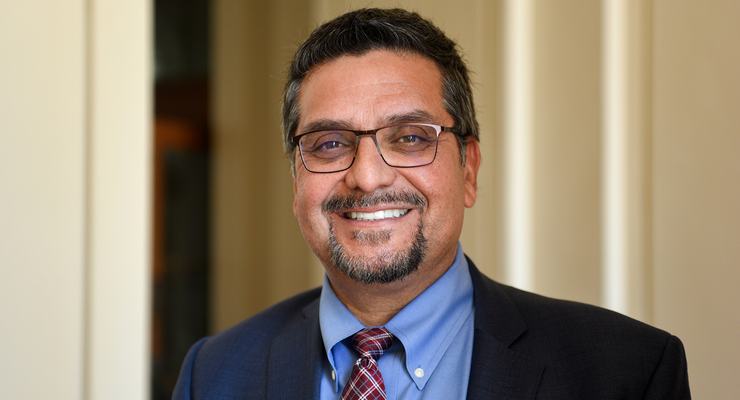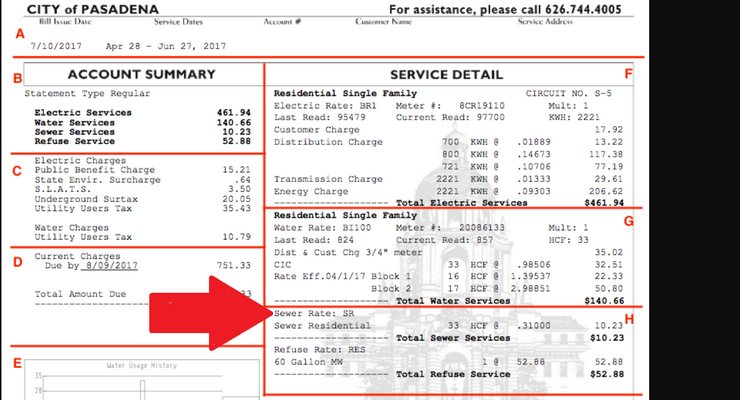The Los Angeles County Board of Supervisors is set to hold its first public hearing Wednesday on a $36.2 billion recommended budget for fiscal year 2021-22 — a plan that emphasizes spending to expand safety-net services, support economic recovery and address racial and other inequities.
County Chief Executive Officer Fesia Davenport plans to update the board during a session that in other years has drawn hundreds of union members and advocates for a wide range of county programs and initiatives, all fighting to shape the budget and get their share.
This year, despite easing COVID-19 restrictions, the board is holding the public hearing virtually. Members of the public will have the opportunity to call in to make their voices heard.
As of late Tuesday afternoon, the board was still considering how much time will be allotted for public comment, though a spokeswoman said the goal was to accommodate as many speakers as possible.
A presentation prepared by Davenport for Wednesday’s hearing points to the opportunity for “once-in-a-generation transformative change.”
Davenport lists the board’s priorities as advancing racial equity and justice system reform — including ramping up spending on alternatives to incarceration — as well as affordable housing, fighting homelessness and supporting those hardest hit by the pandemic.
In April, she told the board, “Clearly, this pandemic has exposed and increased huge inequities between the haves and the have-nots, and the county’s safety net was called upon as never before over the last 12 months. This recommended budget is committed to sustaining these efforts using an equity lens while also positioning us for a recovery that makes the county better than before.”
Of the overall budget, 33% is recommended to fund health programs, 26% for public assistance, 25% for public protection and 16% to cover other costs, including recreation and culture.
Major adjustments are expected before the budget is ultimately finalized in October. For example, the latest version of the budget does not yet include roughly $1.9 billion in federal funding expected to flow to the county from the most recent coronavirus relief package or any funding from the infrastructure plan currently being negotiated in Washington, D.C.
Roughly 40% of the county’s total budget comes from federal and state funding.
Davenport said she will present her office’s recommendations for allocating the latest approved round of federal relief in early June and then incorporate expectations for state funding on June 28.
Though “final” budget deliberations are scheduled for June, a host of additions and changes will be made through October 5, when a “supplemental budget” is finalized and adopted.
One budget item that many advocates are pushing to increase is the county’s commitment to Measure J, a requirement that at least 10% of locally generated, unrestricted funds be invested annually in community programs and alternatives to incarceration, with a three-year ramp-up period.
During the first unveiling of the budget recommendations, Davenport earmarked $100 million in spending on Measure J as a “down payment” on the county’s promise to address racial injustice.
“This represents the single largest allocation for a new program in this recommended budget,” the CEO said in April.
The budgeted number does not go far enough to satisfy some community advocates. Representatives of several organizations that backed Measure J issued an April statement “rejecting” the CEO’s proposal and arguing that the full allotment should be as high as $900 million.
Due diligence is continuing to establish the full set-aside, and Davenport said she will come back to the board with a recommendation sometime after the adoption of the June budget.
The Sheriff’s Department budget is another bone of contention. It is recommended to remain roughly flat to the prior year, at $3.4 billion, which has generated pushback from those who have called for shifting more dollars from law enforcement to community-based services and programs.
Supervisor Holly Mitchell asked the CEO in April to “continue to look for opportunities to cull out inefficiencies and waste in the Sheriff’s Department” to create a department “better designed to meet the actual needs of our residents.”
Sheriff Alex Villanueva has argued that the board is starving his department of funding and hurting communities of color in the process, pointing to higher crime rates and saying he is hard pressed to fund job training and education programs in county jails.
Addressing the growing problem of homelessness, exacerbated by the pandemic, remains a central concern for the board. Highlighted spending includes a total of $426.7 million in Measure H funding, which includes an additional $16.6 million to increase the stock of interim housing and motel vouchers as well as more supportive housing services.
In her presentation planned for Wednesday, the CEO fired a warning shot in connection with the lawsuit filed against the county and the city of Los Angeles by the L.A. Alliance for Human Rights.
She said that the judge’s order, currently under appeal, for the county and city to offer housing to every homeless individual on downtown’s Skid Row by October could cost the county $448 million and result in nearly 2,000 layoffs.
This year’s budget builds off a “leaner baseline” of cuts implemented last year, including the elimination of more than 2,500 unfilled positions on the books, but recommends no layoffs in any department. A hard freeze on hiring non-essential personnel remains in place countywide.
Cuts to departments that rely on local funding total $369 million versus last year.
The CEO said in April that departments submitted $2 billion in requests that are not included in the recommendations, but the most critical of those requests — totaling more than $500 million — would be considered during future deliberations.
Supervisors Janice Hahn and Kathryn Barger have both expressed support for the idea of hero’s pay for some county employees.
“I hope that moving forward we can look at the hero’s pay and how this county can, in fact, thank our employees for the work that they’ve done,” Barger said.
Barger has also pushed for setting aside money for the county’s rainy day fund to prepare for future downturns and emergencies, saying the economic repercussions of the pandemic remain unknown.
“The demand for county services, such as food, housing, and health and mental health care, in conjunction with the increase in unemployment and homelessness, is staggering,” Barger said in a statement issued after the April vote on the budget.
In the CEO’s latest presentation, Davenport emphasized the board’s commitment to conservative budgeting principles and “living within our means.”
The focus on long-term stability was underscored by big unfunded costs that Davenport suggested needed to be addressed over the next five years, including upgrades to county facilities and legacy technology systems.
Another challenge includes an estimated $40.2 billion in unfunded pension and worker’s compensation liabilities.
In addition to public comment, it is expected that board members will highlight their own priorities for additional spending during Wednesday’s hearing.














 0 comments
0 comments



